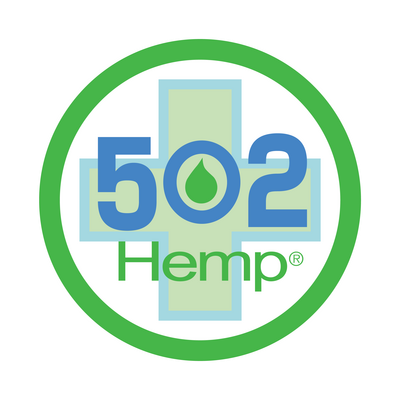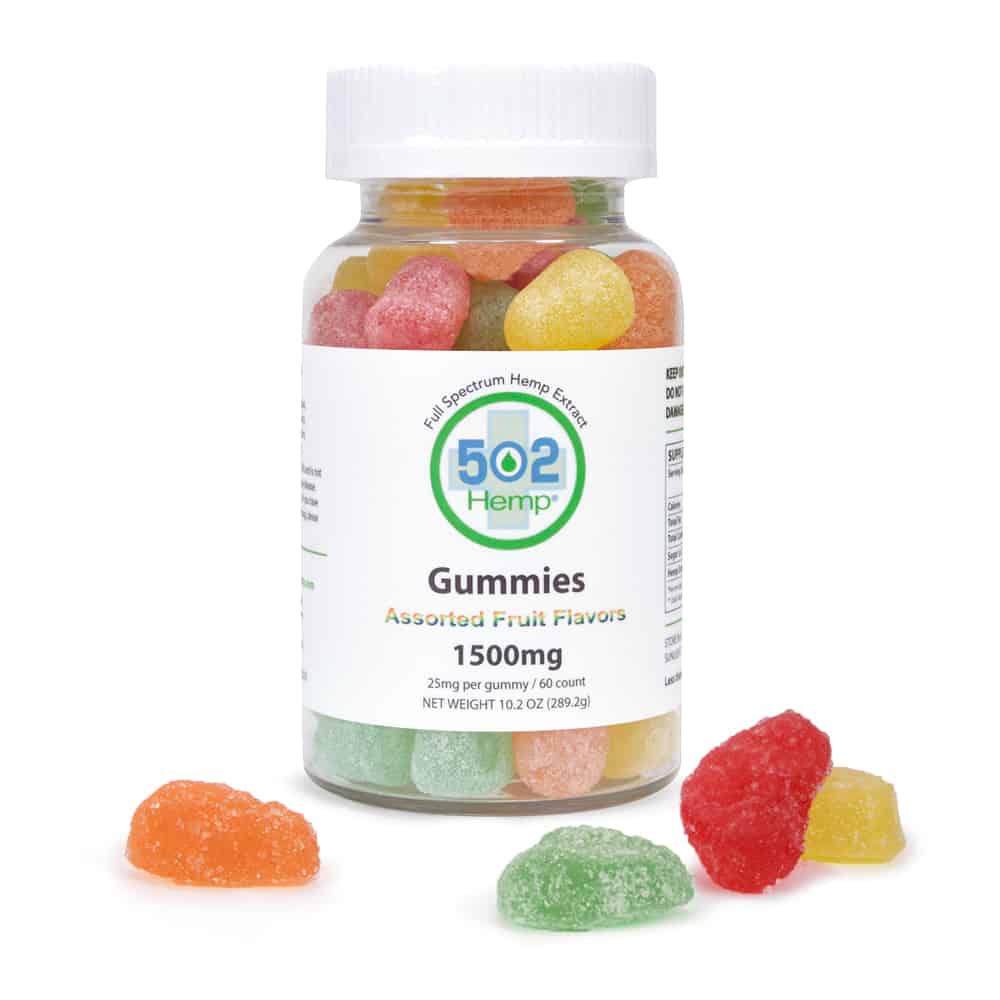In recent years, the popularity of CBD products has skyrocketed, with everything from beverages to pet treats boasting their inclusion of cannabidiol, or CBD. But in all the hype, questions are often asked: What exactly is CBD? Is it legal? And most importantly, does it actually work?
While CBD is now widely available, its true nature remains elusive to many. Let’s dive into the intricacies of CBD, its potential benefits, and the current legal landscape surrounding its use.
Understanding CBD
CBD is one of the primary active compounds derived from the cannabis plant. Unlike its counterpart, tetrahydrocannabinol (THC), CBD does not induce a “high.” However, it does have subtle effects on consciousness, often promoting relaxation and alleviating discomfort. While some CBD products contain trace amounts of THC, others are derived from hemp, which contains minimal THC content.
The Legal Quagmire
The legality of CBD products can be murky, with regulations varying depending on their source. While hemp-derived CBD is legal nationwide, products derived from marijuana may face stricter regulations in certain states. The FDA is currently grappling with establishing comprehensive guidelines for CBD sales and marketing, aiming to crack down on companies making unfounded health claims.
Evaluating Effectiveness
While scientific research is still catching up, millions of people use CBD to effectively support a myriad of ailments and conditions, such as sleep disorders, fibromyalgia pain, and anxiety.
Unfortunately, the slow on-ramping of proper regulation in the industry means that many products may not contain the stated amount of CBD, leading to inconsistencies in potency and effectiveness.
Navigating the Market
With the proliferation of CBD products flooding the market, consumers must exercise caution in their purchases. Seeking products from reputable sources like 502 Hemp ensures transparency and quality assurance.
From CBD online offerings to everyday weed brands, hemp oil, and CBD and THC gummies, 502 Hemp provides a diverse array of products catering to various needs.
Safety Considerations
While CBD is generally considered safe for adults, potential side effects such as nausea and fatigue may occur, particularly with synthetic CBD products.
It’s crucial to consult with a healthcare professional before incorporating CBD into your routine, especially if you’re taking other medications or considering its use for children.
Looking Ahead
As the legal and scientific landscape surrounding CBD continues to evolve, more clarity is expected in the coming years.
With ongoing research shedding light on its potential benefits and risks, consumers can make more informed decisions about incorporating CBD into their wellness regimens.
In conclusion, while CBD holds promise as a natural remedy for certain conditions, it’s essential to approach its use with caution and skepticism.
By staying informed and sourcing products from reputable vendors like 502 Hemp, individuals can harness the potential benefits of CBD while minimizing risks.
Frequently Asked Questions About CBD Products
What is CBD, and how does it differ from THC?
CBD, short for cannabidiol, is one of the primary compounds found in the cannabis plant. Unlike THC (tetrahydrocannabinol), CBD does not produce psychoactive effects commonly associated with marijuana use. Instead, it is prized for its potential therapeutic benefits, including promoting relaxation and alleviating discomfort.
Is CBD legal?
The legality of CBD products depends on their source. CBD derived from hemp with minimal THC content (0.3% or less) is legal nationwide, thanks to the 2018 Farm Bill. However, products derived from marijuana may face stricter regulations in certain states. It’s essential to consult local laws and regulations before purchasing CBD products.
How do I know if a CBD product is safe and effective?
Ensuring the safety and efficacy of CBD products involves several factors. Look for products from reputable vendors like 502 Hemp, which prioritize transparency and quality assurance. Third-party lab testing can verify the potency and purity of CBD products, providing peace of mind for consumers.
What are the potential benefits of CBD?
While research on CBD’s benefits is ongoing, some evidence suggests it may help alleviate symptoms associated with conditions such as sleep disorders, anxiety, and chronic pain. However, claims of CBD curing serious ailments like cancer should be approached with skepticism until further scientific evidence is available.
Are there any side effects associated with CBD?
While CBD is generally considered safe for most adults, some individuals may experience side effects such as nausea, fatigue, or irritability. Additionally, CBD may interact with certain medications, so it’s essential to consult with a healthcare professional before use, especially if you have underlying health conditions.
How should I choose a CBD product?
When selecting a CBD product, consider factors such as its source, potency, and formulation. Look for products from reputable vendors like 502 Hemp, which offer a diverse range of options, including CBD online offerings, hemp oil, and CBD and THC gummies. Reading customer reviews and seeking recommendations from healthcare professionals can also aid in decision-making.
Is CBD suitable for children?
The safety and appropriateness of CBD for children are still under scrutiny. While CBD has been approved by the FDA for certain pediatric seizure disorders, its use in children for other conditions remains controversial. It’s crucial to consult with a pediatrician or healthcare provider before administering CBD to children under 21 years of age.
What does the future hold for CBD research and regulation?
As interest in CBD continues to grow, so too does the need for comprehensive research and regulation. The FDA is actively working to establish guidelines for CBD sales and marketing, aiming to ensure consumer safety and prevent misleading health claims. Continued scientific research will provide further insights into CBD’s potential benefits and risks, shaping its future in the wellness industry.

